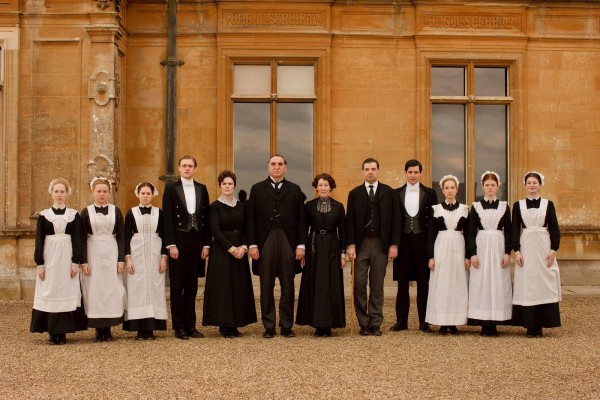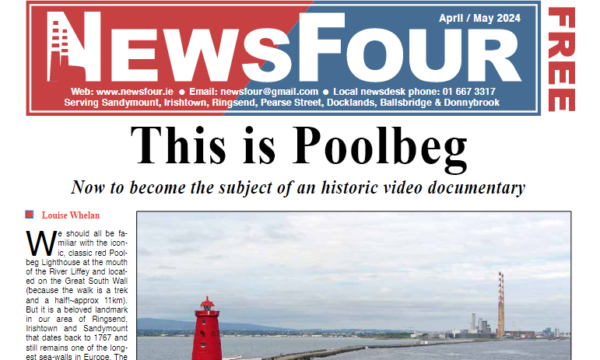
I recently read a book called Shadow and Sun by Neil Campbell, the son of James Campbell, the minister of the old Presbyterian Church on the junction of Tritonville Road, Sandymount that was demolished back in 1999.
The grounds of the church later became a complex offering sheltered housing for up to fifty people which was completed in September 2001.
The church was built in 1860 on lovely grounds, a bit like a mini Downton Abbey. The Minister at the time was well known as a gentle scholar with a kindly Christian nature. His son Neil was born in the house in February 1892 and was raised there. The house itself was very hard to maintain as the running of the stove in the kitchen involved burning a lot of coal day in, day out which made the family live in fear of fuel shortages.
There were always two servants in the house and they also had a very low paid German girl working there who was there to learn English in return for her services. It was common at the time for young foreign girls to work in big houses as au pairs. They also had a gardener and a washer woman who would visit weekly.
Working in the domestic services in Ireland back then was like being in prison as an 18 hour work day would be the norm for most servants, seven days a week, 52 weeks a year with maybe one day off a month. Most of the servants at the time would have earned around €1 a month if they were lucky, some even less. They became known locally as the “Slaveys”. And this went on all over Ireland. Maybe the next time you think you have had a hard day’s work you should spare a thought for the servants of these houses, less than a hundred years ago.
The minister had a succession of Irish girls working at the house over the years and on some occasions they would disappear suddenly. One in particular was caught liaising with a man at the back of the garden in a shrubbery bush by the minister. His son Neil remembers it well and puts it down to the working conditions at the time for the women.
He felt it was understandable that the young woman was trying to break the monotony of such a hard life. He recalls how his father moved her out of the house the next day and she left with her head held low with shame and she would have most probably found it very difficult to find work afterwards having been moved on from a house with that as her reference.
Fortunately these conditions have come to an end in Ireland but from what I am hearing some au pairs might disagree with me.
By Jason McDonnell



